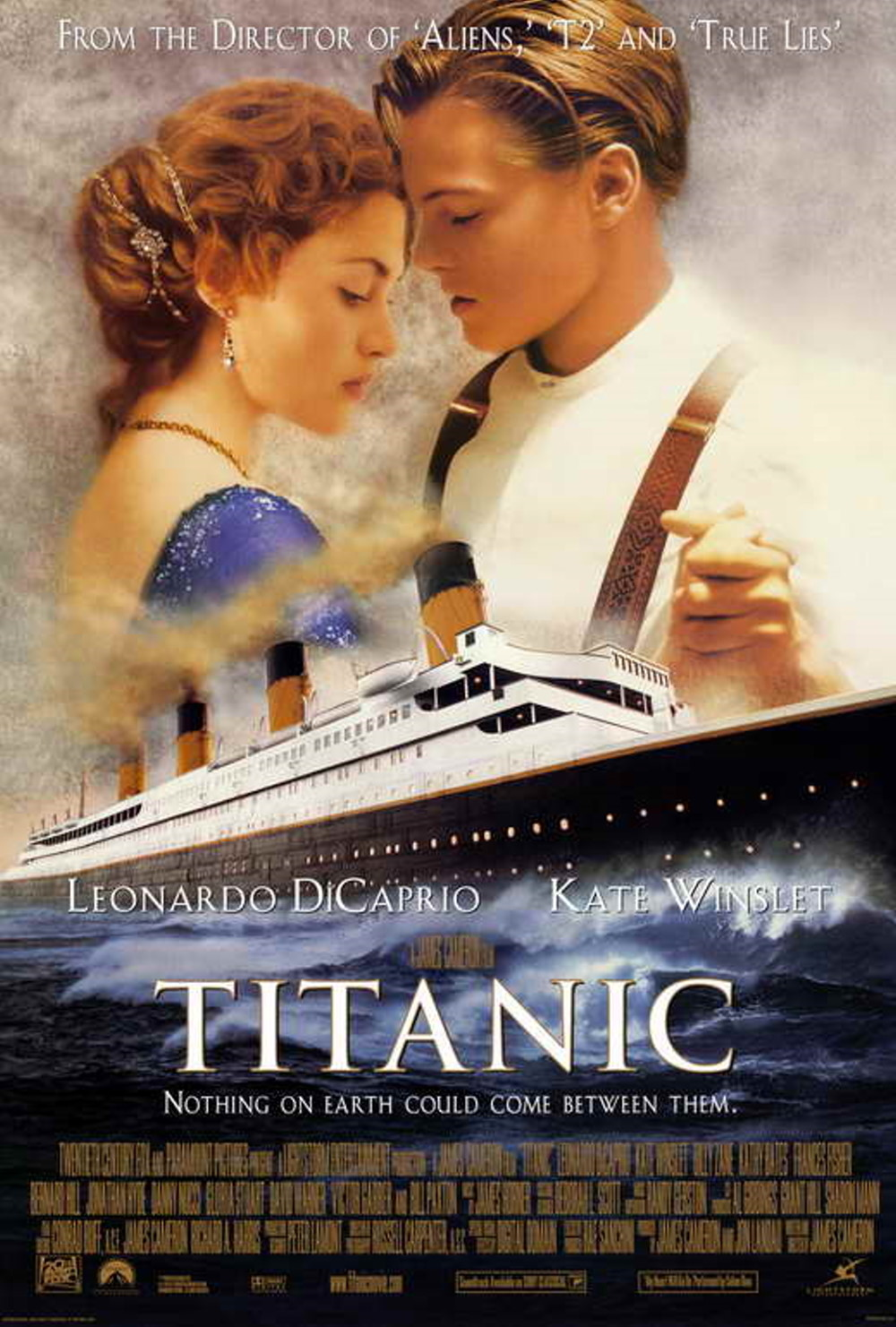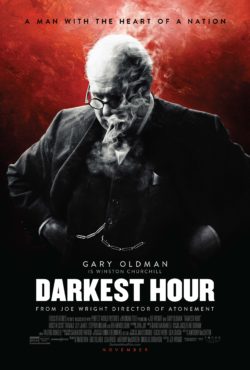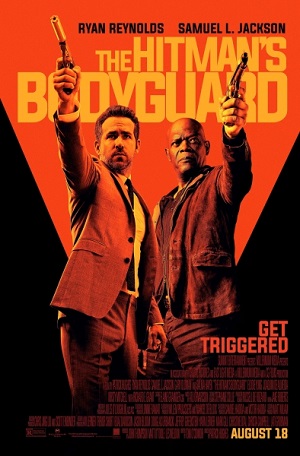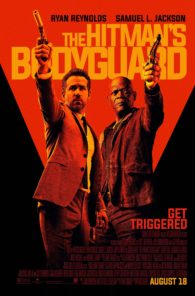Starring: Gary Oldman, Kristin Scott Thomas and Lily James
Directed By: Joe Wright
Rated: R
Running Time: 125 minutes
Focus Features
Earlier in 2017, Christopher Nolan gripped audiences with a land, sea and air telling of the evacuation of “Dunkirk.” While I personally wasn’t wowed with Nolan’s WWII film, I appreciate his craft at conveying fear and desperation in the eyes of thousands of Allied soldiers looking to escape the stranglehold of the German army. For those, like me, who were looking for a little bit more in narrative substance, “Darkest Hour,” might scratch that itch.
“Darkest Hour” begins with Winston Churchill (Gary Oldman) being named Prime Minister after multiple failures by Neville Chamberlain. Despite commanding respect from the House of Commons, his blunt speak and unorthodox approach quickly draws enemies behind the scenes. Lending their ears to the embattled Prime Minister is King George VI (Ben Mendelsohn) and his personal secretary, Elizabeth Layton (James). While showing passion for defense his homeland, Churchill becomes increasingly difficult to work with as Hitler’s grasp on Western Europe grows bigger and tighter.
“Darkest Hour” tries it’s best to summarize a turbulent short span of time between Churchill’s ascent into one of the most difficult positions at the beginning to WWII to the formulation of Operation Dynamo, the evacuation of Dunkirk. While narratively confusing sometimes, white lettering telling us the specific date keeps things in line as Churchill digs in heels and sticks to his guns against confrontations with his enemies and his allies.
Thanks to history books, and “Dunkirk,” we do know how the story will play out, but the drama and emotional turmoil behind the decision making makes for a fascinating retelling. The war room, that Churchill manages to glide through at his brittle age, is always buzzing and the potential for a “negotiated peace” with Germany sheds light on the diplomatic crisis at hand as the body count for the good guys mounts.
Underneath heavy makeup, Oldman is able to capture Churchill’s warmth, impatience, generosity and unpredictability. At times his tongue slips and we hear a little bit of the actor’s voice come through, but overall his mannerisms, matching Churchill’s voice, keep him in a grounded and highly believable role. Oldman’s performance is just as commanding as Churchill’s presence in the face of insurmountable odds.
History junkies may like this straight-forward and poignant approach to political discourse during war. But that’s not to say that movie goers will find themselves entranced by Oldman’s performance and this unique history lesson. Not only is the Oscar hype real about Oldman’s performance, but it’s a refreshing reminder about the power of genuine men and the power of their words during a world at crisis.






